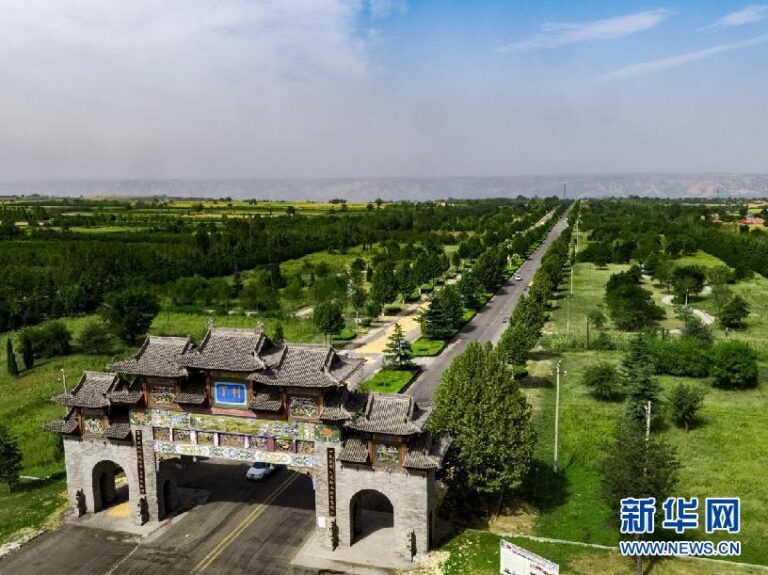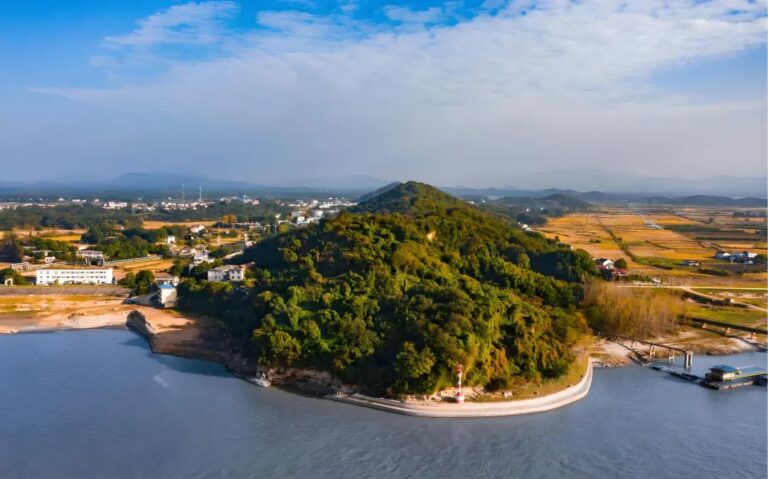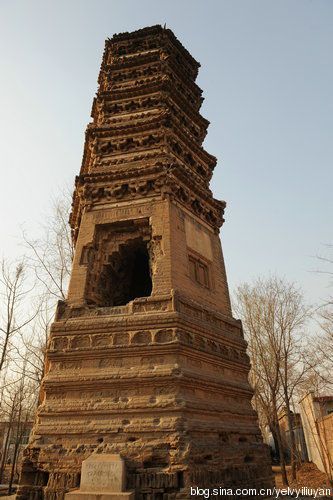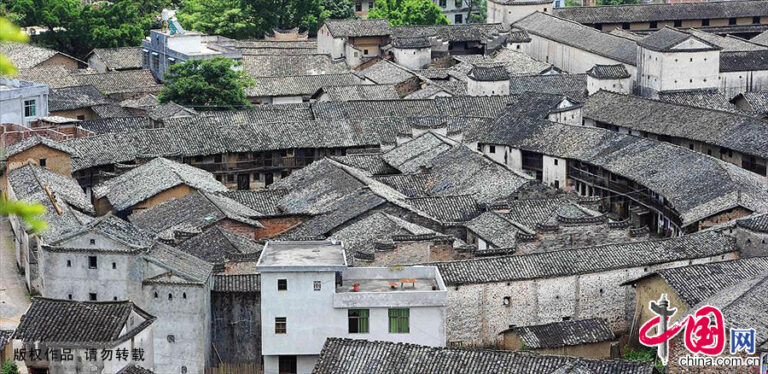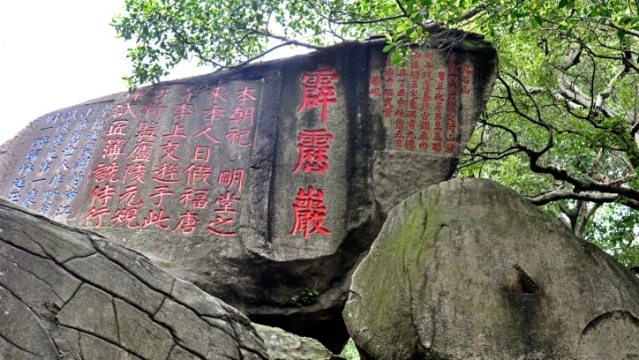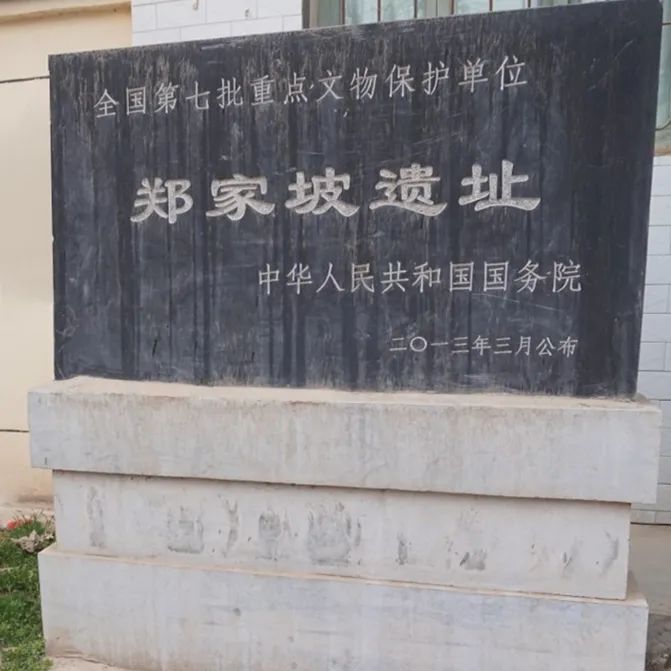A Stroll Through History: Visiting Wenzhou Gaoshi Jiazu Mudi in Zhejiang
An Essential Guide to Visiting Wenzhou Gaoshi Jiazu Mudi
In This Guide
- An Essential Guide to Visiting Wenzhou Gaoshi Jiazu Mudi
- The Rich History of Wenzhou Gaoshi Jiazu Mudi
- Main Highlights: What to See at Wenzhou Gaoshi Jiazu Mudi
- Planning Your Visit: A Practical Guide
- Tickets, Hours, and Booking
- How to Get There
- Local Cuisine and Accommodation
- Frequently Asked Questions
- Final Thoughts on Your Trip
Nestled in the serene landscape of Wenzhou, the Gao Family Cemetery (高氏家族墓地) stands as a remarkable testament to China’s rich historical tapestry and cultural heritage. Located in the quaint village of Gao’ao in Leqing City, this ancient burial site, constructed during the Ming Dynasty, showcases an exceptional blend of architectural artistry and familial reverence.
Visitors to the cemetery will be struck by its unique layout, gracefully situated against the backdrop of rolling hills and encircled by the ancestral hall. The most prominent feature of the site is the tomb of Gao Youji, a distinguished official of the Ming era whose life and legacy are intricately woven into the fabric of this memorial. The cemetery not only reflects the intricate traditions of ancestral worship but also serves as a significant resource for understanding Ming Dynasty burial customs and social structures.
The Gao Family Cemetery is recognized as a national key cultural relic protection unit, highlighting its importance in preserving the history and traditions of the region. With its stunning stone structures resembling wooden architecture, meticulously crafted to honor the deceased, the site offers a rare glimpse into the artistic and cultural expressions of its time. As such, it has become a must-visit for history enthusiasts, cultural travelers, and anyone seeking to explore the profound connections between past and present in this enchanting part of China.
The Rich History of Wenzhou Gaoshi Jiazu Mudi
Nestled in the picturesque village of Gao’ao, within the Yuhang District of Wenzhou, the Gao Family Cemetery stands as a remarkable testament to the region’s historical and cultural heritage. Established during the Ming Dynasty, this cemetery is not only the final resting place of prominent figures but also an architectural marvel that reflects the traditions and values of the time.
The cemetery was commissioned for Gao Youji (1461-1546), a notable scholar and official who rose to prominence after passing the imperial examination in 1490. His career culminated in the prestigious position of Minister of Justice, where he became known for his integrity and dedication to public service. Gao Youji’s legacy is preserved not only through his contributions to governance but also through the architectural grandeur of his burial site.
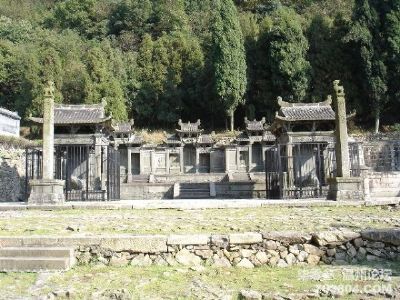
Wenzhou Gaoshi Jiazu Mudi.
The layout of the Gao Family Cemetery is uniquely designed, situated at the base of a mountain and encircling a family ancestral hall. This arrangement signifies the importance of familial bonds and ancestral worship in Chinese culture. The cemetery features a distinctive triadic structure that houses the tombs of Gao Youji, his father, and grandfather at its center, while the graves of his sons flank either side, following traditional burial customs that reflect familial hierarchy.
The main tomb, dedicated to Gao Youji, is characterized by a striking three-tiered pavilion supported by four pillars, a style that exemplifies the craftsmanship of the period. This pavilion, alongside intricately designed stone sculptures and ceremonial gates, showcases the exquisite artistry of Ming Dynasty architecture, which often mimicked wooden structures using stone materials. The entire site is a remarkable blend of aesthetics and cultural symbolism, emphasizing the reverence for ancestors that is central to Chinese society.
In recognition of its historical significance, the Gao Family Cemetery was designated a national key cultural relic protection unit in 2006. This status not only highlights its importance as a historical site but also underscores the need for its preservation for future generations to appreciate and learn from.
Visitors to the cemetery are not only treated to a glimpse of Ming Dynasty architecture but are also encouraged to reflect on the values of filial piety and respect for one’s ancestors that continue to resonate in contemporary Chinese culture. As one of the top attractions in Wenzhou, the Gao Family Cemetery offers a serene environment steeped in history, making it a must-visit for anyone interested in the rich tapestry of Chinese heritage.
Main Highlights: What to See at Wenzhou Gaoshi Jiazu Mudi
Nestled in the scenic Bei Baixiang Town of Wenzhou, the Gao Family Cemetery stands as a remarkable testament to Ming Dynasty architecture and cultural heritage. This historical site is not only a resting place for generations of the Gao family but also an important cultural landmark recognized as a national key cultural relic.
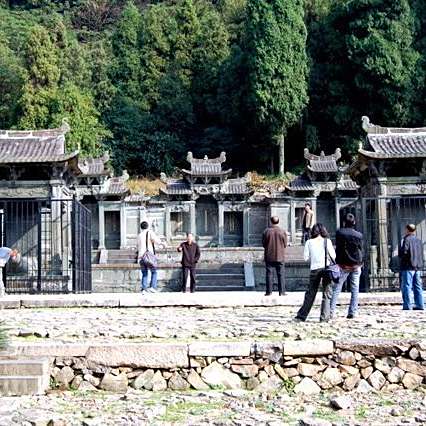
Wenzhou Gaoshi Jiazu Mudi.
One of the standout features of the cemetery is the unique layout, which harmoniously integrates with the surrounding mountains and ancestral halls, reflecting traditional Chinese geomancy principles. The site is renowned for its intricate stone structures that mimic wooden architecture, showcasing exquisite craftsmanship typical of the Ming era.
The most notable tomb within the cemetery belongs to Gao Youji (1461–1546), a highly respected official whose contributions to society were significant. His tomb stands out due to its impressive scale and intricate design, comprised of three grand pavilions that house the memorial tablets of seven family members spanning four generations. The arrangement follows the traditional left and right placement according to Confucian customs, which emphasizes the importance of ancestry and filial piety.
Visitors can appreciate the detailed stone carvings, the elegant stone archways, and the carefully arranged burial mounds that reflect both regional characteristics and the stylistic nuances of the time. The cemetery also features beautifully constructed stone gates and decorative elements, enhancing its aesthetic appeal.
Open year-round, the Gao Family Cemetery is accessible by local buses, making it convenient for travelers to explore this historical gem. As you walk through the cemetery, you’ll find it not only an engaging historical site but also a serene environment that offers a glimpse into the rich cultural tapestry of Wenzhou and the Ming Dynasty’s architectural legacy. Whether you are a history buff or simply seeking a peaceful retreat, the Gao Family Cemetery promises a captivating experience.
Planning Your Visit: A Practical Guide
Practical Guide to Wenzhou Gaoshi Jiazu Mudi (高氏家族墓地)
Overview
Wenzhou Gaoshi Jiazu Mudi, or the Gao Family Cemetery, is an important historical site located in the picturesque village of Gaokou, within the Yuyin District of Wenzhou, Zhejiang Province. Established during the Ming Dynasty, this cemetery serves as the final resting place for members of the Gao family, particularly Gao Youji (高友玑), a prominent official of the time. The unique architectural design and cultural significance of this site make it a must-visit for history enthusiasts and travelers alike.
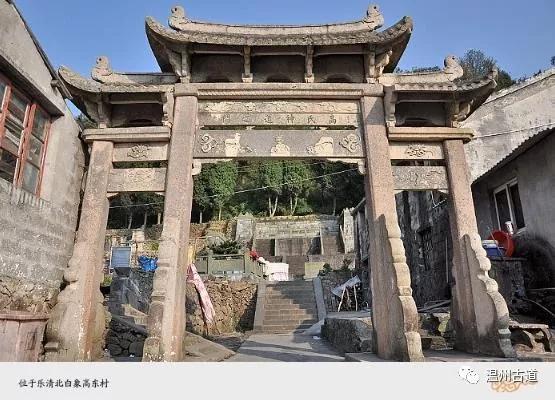
Wenzhou Gaoshi Jiazu Mudi.
Location and Accessibility
- Address: Gao Family Cemetery, Beibaixiang Town, Yueqing City, Wenzhou, Zhejiang Province, China.
- Transport Options:
- Public Transport: Take bus routes 208 or 29 which connect to the cemetery.
- Driving: If you are driving, ample parking is available near the entrance. The site is well-signposted from the main roads.
Visiting Hours
- The cemetery is open year-round, operating 24 hours a day. However, it is advisable to visit during daylight hours for the best experience.
Admission Fees
- Entry to the Gao Family Cemetery is free of charge, making it an accessible cultural site for all visitors.
Recommended Duration
- Plan to spend about 1 to 2 hours at the cemetery. This allows ample time to explore the intricate architecture, take photographs, and reflect on the historical significance of the site.
Key Features
- Architectural Significance: The cemetery showcases exquisite stone structures resembling wooden architecture, a rarity in Ming Dynasty tomb designs. The central tomb of Gao Youji is particularly noteworthy, featuring a triad of ornate pavilions and the graves of seven family members arranged according to traditional rituals.
- Cultural Heritage: Recognized as a National Key Cultural Relic Protection Unit, the cemetery provides valuable insights into Ming Dynasty burial customs and family hierarchy.
- Scenic Setting: Nestled against the backdrop of lush mountains, the cemetery offers a tranquil atmosphere, making it a perfect spot for a leisurely stroll.
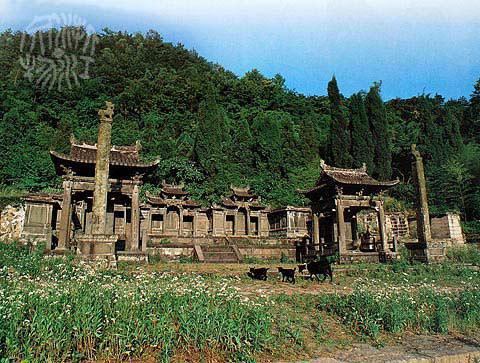
Wenzhou Gaoshi Jiazu Mudi.
Nearby Attractions
- Zhenru Temple Stone Pagoda: Just a short distance away, this ancient pagoda is another significant historical site worth visiting.
- Yandang Mountain Scenic Area: A renowned natural attraction featuring stunning landscapes, hiking trails, and picturesque views.
- Wangzhai Temple: Located within a 3 km radius, this temple adds to the cultural richness of the area.
Tips for Visitors
- Best Time to Visit: Spring and autumn are ideal for visiting due to mild weather and beautiful scenery.
- Respect the Site: As a cultural and historical site, maintain decorum, avoid loud noises, and do not disturb any grave markers.
- Photography: Feel free to take photos, but be mindful of other visitors and the reverence of the location.
Conclusion
A visit to Wenzhou Gaoshi Jiazu Mudi offers a unique blend of history, architecture, and natural beauty. Whether you are a local or a traveler, this cemetery not only provides a glimpse into the past but also a peaceful place for contemplation amidst stunning surroundings. Enjoy your visit!
Tickets, Hours, and Booking
Visiting the Wenzhou Gaoshi Jiazu Mudi (高氏家族墓地) is a unique opportunity to explore a significant historical site. This family cemetery, established during the Ming Dynasty, offers insight into the region’s cultural heritage and architectural marvels.
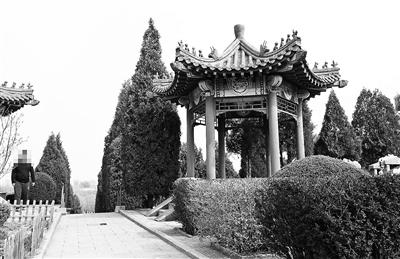
Wenzhou Gaoshi Jiazu Mudi.
Ticket Information
- Admission Fee: Entry to the Gaoshi Family Cemetery is free of charge, allowing everyone to appreciate this important cultural landmark without any financial barrier.
- Opening Hours: The cemetery is open year-round, 24 hours a day. This flexibility makes it convenient for visitors to explore the site at their own pace, whether during the day or under the stars.
- Recommended Visit Duration: While it’s possible to see the key features in about 1 to 2 hours, those interested in history and architecture may wish to spend more time soaking in the serene atmosphere and intricate designs.
Accessibility
The cemetery is located in the scenic village of Gaogao, in the Beibaixiang town of Yueqing City, and is easily accessible by public transportation. Visitors can take local buses, such as routes 208 and 29, which serve the area frequently.
Nearby Attractions
After visiting the cemetery, consider exploring nearby sites, such as the Zhenru Temple Stone Pagoda and the scenic Yandang Mountain, to enrich your travel experience in the region.
This combination of history, architecture, and accessibility makes the Wenzhou Gaoshi Jiazu Mudi a must-see destination when visiting the area.
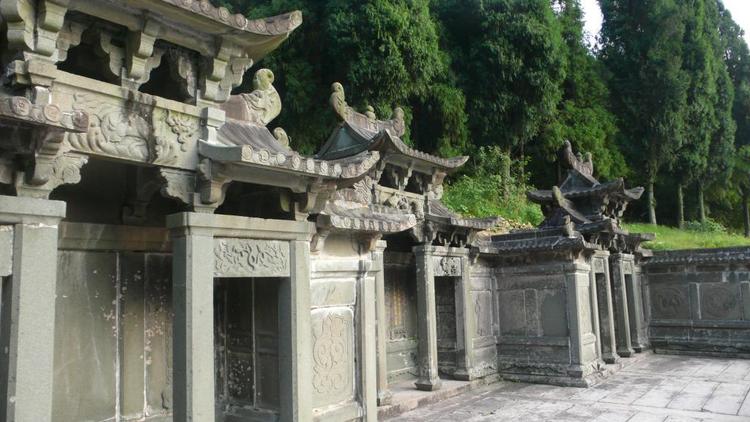
Wenzhou Gaoshi Jiazu Mudi.
How to Get There
Getting to Wenzhou Gaoshi Jiazu Mudi (高氏家族墓地) is a straightforward process, thanks to the well-connected transportation network in and around Wenzhou, a vibrant city in Zhejiang Province, China. Here’s how you can reach this unique historical site, nestled in the picturesque village of Gai’ao, located in the Yuhang District of Yueqing City.
By Public Transport
Buses: The most convenient way to get to Gaoshi Jiazu Mudi is by taking local buses. Routes 208 and 29 operate services that connect Wenzhou city center to the vicinity of the cemetery. Make sure to check local schedules, as they may vary throughout the day. The journey can take approximately 30-60 minutes depending on traffic and your starting point.
Train: If you are traveling from other major cities, you can take a high-speed train to Wenzhou. The Wenzhou South Railway Station is well-connected to other cities across China. From the station, you can transfer to local buses or taxis to reach your final destination.
By Taxi
Taxis are a convenient option for those who prefer a direct route. You can easily find taxis around Wenzhou city, and they can take you directly to the cemetery. The fare from the city center to Gaoshi Jiazu Mudi is reasonable, and it typically takes around 30-40 minutes depending on traffic conditions. It’s advisable to have the address written in Chinese to show the driver: 温州市乐清市北白象镇高岙村.
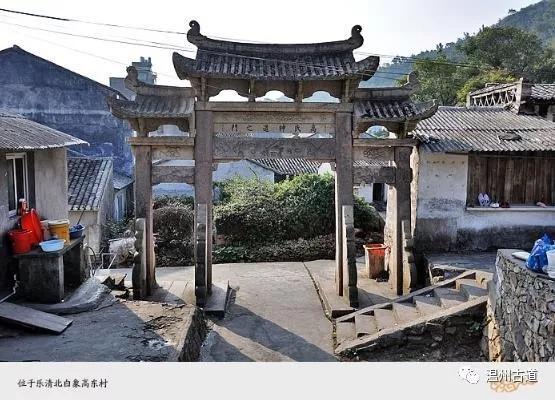
Wenzhou Gaoshi Jiazu Mudi.
By Private Car
For those who enjoy driving, renting a car can be an excellent way to explore the surrounding areas at your own pace. The roads leading to the cemetery are generally well maintained. Use a GPS navigation system or a mapping app to ensure you take the best route. Parking is available near the cemetery.
Additional Tips
- Seasonal Considerations: The best time to visit is during the spring and autumn months when the weather is mild and pleasant.
- Accessibility: The cemetery is situated on a hillside, and some areas may require walking uphill. Comfortable footwear is recommended.
- Local Guides: Consider hiring a local guide for an enriched experience. They can provide historical insights and help navigate the site’s unique layout.
No matter your mode of transport, the journey to Wenzhou Gaoshi Jiazu Mudi promises to be a rewarding experience, offering a glimpse into the rich heritage of the Gao family and the Ming Dynasty architecture that characterizes this remarkable site.
Local Cuisine and Accommodation
When visiting the Gao Family Cemetery (高氏家族墓地) in Wenzhou, not only will you be immersed in the rich history of this Ming Dynasty site, but you’ll also find a delightful array of food and accommodation options in the surrounding areas.
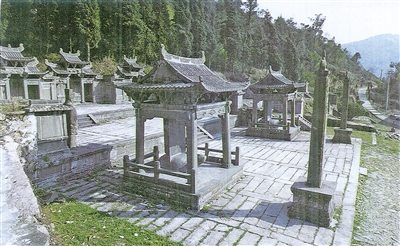
Wenzhou Gaoshi Jiazu Mudi.
Culinary Delights
The region around the Gao Family Cemetery is known for its diverse culinary offerings. Here are some must-try dining spots:
-
Ajie Lamb Workshop (阿傑羊工坊) – Located approximately 18.8 kilometers from the cemetery, this restaurant specializes in hot pot, featuring tender lamb and a variety of dipping sauces. It’s a great way to warm up after a day of exploring.
-
Xiaoxie Chuanben Cuisine (小奢川本料理) – Just 18.9 kilometers away, this eatery offers a taste of Japan with fresh sushi and sashimi, perfect for those looking for a lighter meal option.
-
Nanyang Fresh Seafood Workshop (南垟生鮮·工坊) – Situated nearby, this seafood restaurant serves a range of dishes made with the freshest catch. The vibrant flavors of the ocean are sure to impress seafood lovers.
-
Jiba Skewers (幾把串) – A local favorite located about 18.5 kilometers from the cemetery, this barbecue spot is renowned for its grilled skewers, making it an ideal choice for casual dining with friends or family.
-
Dishes Unique to Wenzhou – Don’t miss trying local specialties such as the crispy crab (一品脆皮蟹), and the unique three-silk fish (三丝敲鱼), which showcase the flavors of the region.
Where to Stay
For accommodations, there are several delightful options that cater to various budgets and preferences:
-
Yandang Mountain Huayu Shiguang Resort (雁荡山花语拾光度假民宿) – Rated highly for its ambiance and comfort, this resort is located near Yandang Mountain, making it a perfect retreat after your visit to the cemetery. Prices start around HKD 561 per night.
-
Yandang Mountain Hot Spring Hotel (雁荡山温泉酒店) – A luxurious option offering serene hot spring experiences, this hotel is ideal for those looking to relax. Prices begin at approximately HKD 373 per night.
-
Yandang Mountain Yanyuan Boutique Inn (雁荡山雁园精品民宿) – This charming inn features individual rooms with stunning views of the surrounding scenery, available from around HKD 486 per night.
-
Yandang Mountain Jian Mountain Cloud House (雁荡山见山云舍) – Offering a unique experience, this accommodation is set amidst nature, with prices starting at HKD 594 per night.
-
Budget Options – For travelers on a tighter budget, numerous guesthouses and hostels are available within a short distance from the cemetery, providing clean and comfortable stays at competitive rates.
Conclusion
The Gao Family Cemetery is not just a historical site; it’s an opportunity to experience the local culture through its delectable cuisine and welcoming accommodations. Whether you’re enjoying a hot pot meal or resting in a cozy inn, your visit to Wenzhou will surely be memorable.
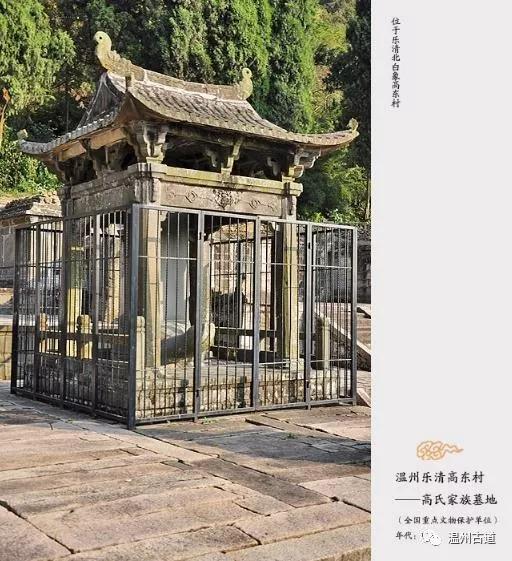
Wenzhou Gaoshi Jiazu Mudi.
Frequently Asked Questions
-
Where is the Wenzhou Gaoshi Jiazu Mudi located?
The Wenzhou Gaoshi Jiazu Mudi is situated in Gaoqiao Village, Beibaixiang Town, Yueqing City, Zhejiang Province, China. -
What are the opening hours for the cemetery?
The cemetery is open year-round, 24 hours a day, allowing visitors to explore at their convenience. -
Is there an admission fee to visit the cemetery?
Yes, there is a nominal entrance fee. It is advisable to check local travel websites or apps for the latest pricing and booking options. -
What is the historical significance of the Gaoshi Jiazu Mudi?
Established during the Ming Dynasty, the cemetery is a national key cultural relic, featuring unique architectural styles and layouts. It serves as a vital resource for studying Ming Dynasty burial customs and the family lineage of Gao Youji, a notable historical figure. -
How long should I plan to spend at the site?
Visitors typically spend about 1 to 2 hours exploring the cemetery and its intricate designs, making it a perfect short trip during your visit to the area. -
Are there any nearby attractions to visit after the cemetery?
Yes, there are several nearby attractions, including the Zhenru Temple Stone Pagoda and scenic spots like Yandang Mountain and Wangzhai Temple, making it easy to plan a full day of exploration. -
What transportation options are available to reach the cemetery?
Public transportation options include several bus routes, specifically bus lines 208 and 29, which connect to the site. Alternatively, taxis and ride-sharing services are also available for convenience. -
What is the best time of year to visit Wenzhou Gaoshi Jiazu Mudi?
The cemetery can be visited year-round, but spring and autumn are particularly pleasant due to mild weather, making it ideal for a leisurely stroll through the grounds.
Final Thoughts on Your Trip
Visiting Wenzhou Gaoshi Jiazu Mudi offers a unique glimpse into the rich tapestry of Chinese history and culture. Nestled in the serene landscape of Leqing, this ancestral burial site stands as a testament to the enduring legacy of the Gao family, dating back to the Ming Dynasty. The intricate architectural styles and the thoughtful arrangement of tombs reflect not only the artistic prowess of the era but also the deep-rooted customs of filial piety and respect for lineage.
As you explore this remarkable site, take a moment to appreciate the tranquil surroundings and the historical significance it embodies. The Gao family’s commitment to preserving their heritage is evident in every detail, making this a meaningful destination for anyone interested in the cultural narratives that shape our world today.
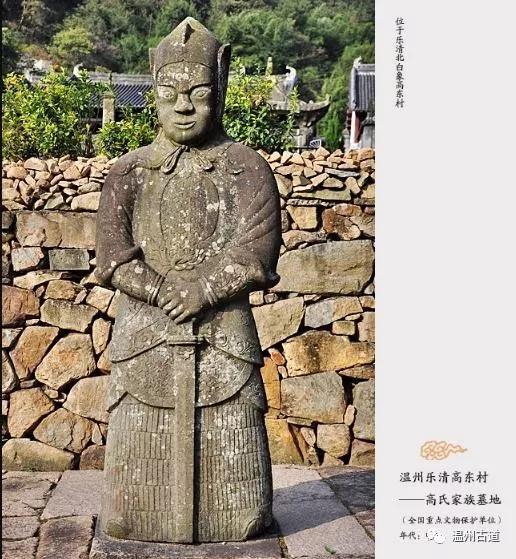
Wenzhou Gaoshi Jiazu Mudi.
Whether you are an avid historian, a lover of architecture, or simply seeking a peaceful retreat, Wenzhou Gaoshi Jiazu Mudi promises an enriching experience that resonates long after your visit. Embrace the stories whispered by the stones and let the echoes of history inspire your own journey.
